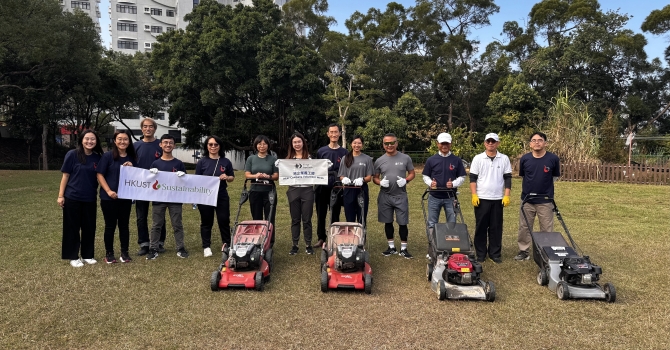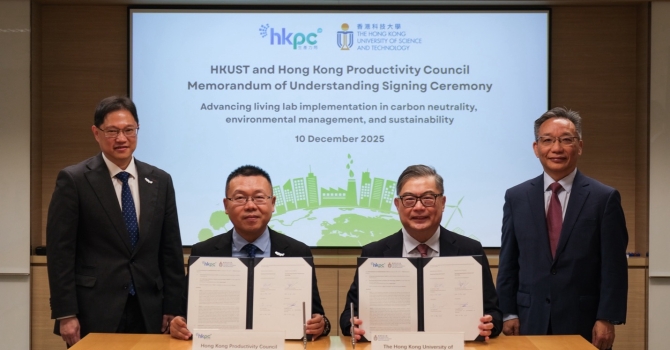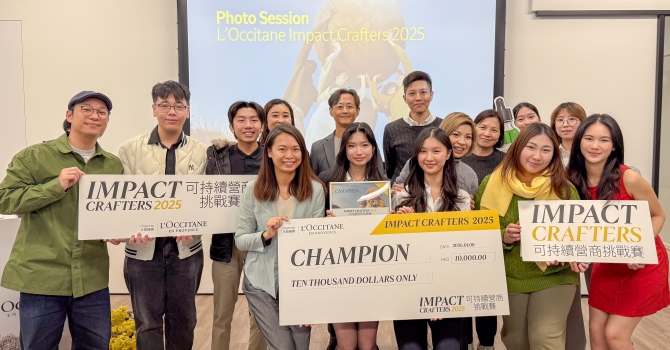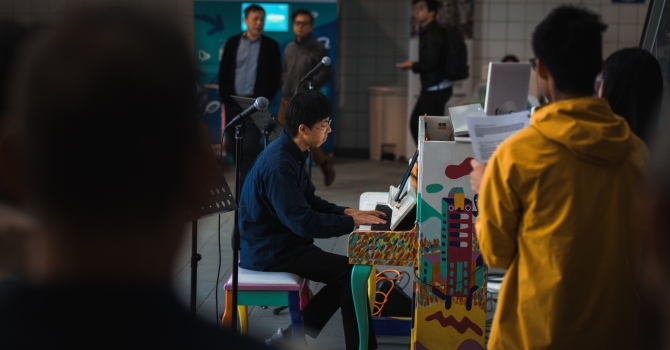Sustainability Dialogue with Alumni: Understanding it’s no longer an Industry with Naman Tekriwal
HKUST Alumnus Naman Tekriwal on Sustainability:
Naman Tekriwal is the founder of Breer, a food upcycling startup that uses surplus bread to make premium quality craft beer. Tekriwal grew up in New Delhi, India, where he was exposed to the effects of pollution and environmental degradation and raised with the value of food waste being a sin. This early exposure to the challenges of sustainability motivated him to pursue a career in the field.
At HKUST, Tekriwal studied business administration as well as sustainability courses. He believes HKUST inculcated sustainable practices through the campus ecosystem, of business completion, final year projects on sustainability, discounts for bringing own containers.
Tekriwal founded Breer with his team, to address the problem of food waste in Hong Kong. Every year, Hong Kong wastes an estimated 4,000 tonnes of food. Breer's mission is to reduce food waste by upcycling surplus bread into craft beer and has been successful in reducing food waste and promoting sustainable drinking in Hong Kong. The company has saved 16 tonnes of bread and 60 hectares of landfill space. It has also reduced 2 tonnes of CO2 emissions and 8.6 cubic meters of water usage.
Nonetheless, he outlines some of the key challenges that remain in the field such as lack of awareness of unsustainable practices such as poor demand forecasting, over-production, and the high cost of recycling. Moreover, he states that the “F&B industry must open itself to the idea of change and become more accepting of innovations” and improve transparency to its customers about the impact it has.
Tekriwal is excited about the future of sustainability and believes that the field is at a tipping point. He predicts that “In the next two decades, sustainability will no longer remain an ‘industry’, but it will transform into a ‘resource’ like capital. Every company in the next two decades will have to adopt sustainable practices and incorporate sustainability in its business models, operations, and administration”.
Tekriwal's advice to HKUST students who are interested in sustainability is to "pursue sustainability not for the 'what' but the 'how' and 'why'." He believes that it is important to understand the underlying reasons for sustainability and to be passionate about making a difference. And quite simply, “Sustainability is no longer an option; it is now the only option” and the best way to get involved “is JUST DO IT!”, he exclaims.



